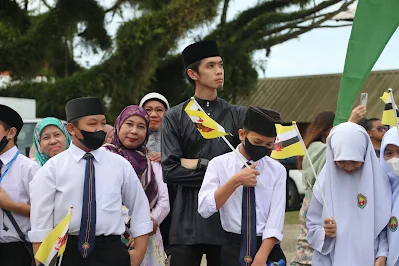The welfare and well-being of Bruneian workers have recently come under scrutiny. Stakeholders have emphasized the need for constructive action to ensure that workers are treated fairly and with dignity.
The government has taken a positive step by introducing a minimum wage policy across all private sectors. This policy aims to provide workers with a reasonable basic salary and safeguard them from inadequate wages.
However, concerns have surfaced regarding the treatment of local workers in the private sector. Workers have reported problems such as the lack of proper guidance and mentorship, unfair salary grading systems, work-life imbalance, abuse of power, and discrimination based on race.
A unified approach involving the government, employers, workers, and other stakeholders is essential to address these pressing issues. Collaborative efforts are required to establish a more equitable and just workplace for all.
Collaboration between various ministries and government agencies is also vital in tackling the root causes of workplace concerns. The Ministry of Education can join forces with the Labor Department and Manpower Planning and Employment Council to enhance access to quality education and training for all workers. Likewise, cooperation with the Ministry of Health and SHENA (The Safety, Health and Environment National Authority) can ensure that workplaces adhere to high safety standards.
Employers have a crucial role in creating a fair and supportive work environment by providing equitable wages and benefits, fostering safe and healthy workplaces, promoting diversity and inclusion, and respecting workers' right to organize and bargain collectively.
Workers, too, are encouraged to actively participate by raising awareness about workplace issues, educating themselves about their rights, and holding both employers and the government accountable.
In unison, a Brunei where all workers are treated with respect and dignity can be forged. This national call to action implores the government, employers, workers, and all stakeholders to work together towards this common goal – ensuring the welfare of workers becomes the nation's utmost priority.
Conclusion
With a whole-of-nation approach, Brunei can realize its vision of an equitable society where all workers can thrive. The urgent need to address concerns about worker welfare resonates as a matter of national pride and collective responsibility. Through constructive collaboration and a shared commitment, Bruneians can forge a future where the well-being and dignity of workers remain at the heart of the nation's success.




.jpeg)
















.png)
